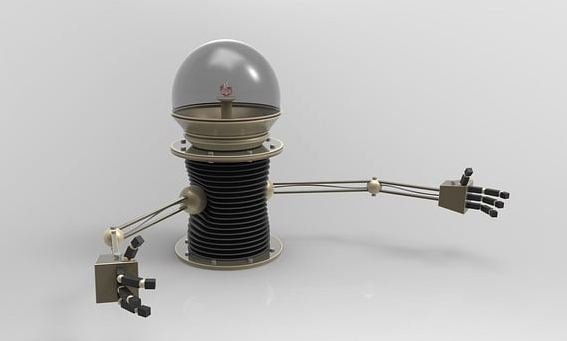The first Advanced Factories (AF) barometer on Automation and Robotization places Spanish industry at the bottom in the use of AI in production processes. The United States, China and Japan are at the forefront of a technology that will revolutionize advanced manufacturing with its ability to simulate and predict failures and to transform the way we interact with technology and language with generative AI and LLMs – “Large Language Model” – that will improve efficiency in all areas of business, from manufacturing, to operations, to distribution and sales.
The results of the barometer come from a survey of more than 27,000 managers and professionals attending Advanced Factories 2024. Specifically, Spanish industry achieved a score of 6.5 out of 10 in the degree of industrial autonomy. This figure is achieved thanks to the initiatives promoted by Europe and Spain in recent years to reindustrialize the territory and achieve self-sufficiency in the manufacture of key assets such as microchips.
In Spain, 30% of the robots installed are in the automotive sector, followed by the machine tool sector and the food and beverage industry, according to data from the AER (Spanish Robotics Association). However, the degree of implementation of robots in industrial SMEs is still far from the desired level. To this end, Advanced Factories and the AER have promoted the Robot Start PYME program, whose objective is for each de-robotized SME to incorporate its first piece of equipment.
Industries will also have to consider the Plant Manager as someone more relevant than he/she is today, so that the digital transformation is applied in all areas of the organization.
We live in an era of hyperconnectivity and with a large majority of electronic components, so protecting these systems is key, something that is a pending challenge for CISOs in the industrial sector, who must adapt cybersecurity strategies to these new processes.
The industrial professionals surveyed also point to decarbonization as another of the tasks pending for Spanish industry in order to achieve the objectives of the European Green Pact by 2050. In this section, green hydrogen can be fundamental to replace fossil fuels and reduce CO2 released into the atmosphere.









